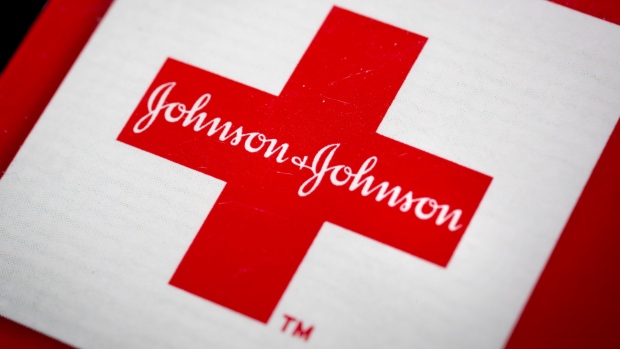Jul 15, 2019
J&J accused of dodging liability for 'cunning' opioid drug push
, Bloomberg News

Even after illegally promoting opioid painkillers to reap billions of dollars in profit over the past two decades, Johnson & Johnson has accepted “zero responsibility’’ for its central role in fueling a public-health crisis, Oklahoma’s top law-enforcement official told a trial judge.
J&J engaged in a “cunning” scheme to dupe doctors into over-prescribing addictive medications that “wrecked thousands” of families in the state, Oklahoma Attorney General Mike Hunter said during closing arguments Monday. The trial in Oklahoma City is the first of more than 1,900 local U.S. government lawsuits against drug makers and distributors over the fallout from opioid abuse.
“They blame everyone else,” Hunter told Judge Thad Balkman, who is hearing the case without a jury. “The only question is whether the Oklahoma taxpayer or the kingpin” should pick up the tab for the costs of addressing the state’s epidemic, the attorney general said.
J&J has disputed the state’s allegations and refused to settle the lawsuit as other companies have. The company’s lawyers will make their closing arguments later today.
Hunter claims more than 4,000 Oklahomans died over the past two decades from opioid abuse and thousands were left hooked on pills. Similar allegations against market leader Purdue Pharma LP led to a US$270 million settlement before the trial began more than a month ago, while Teva Pharmaceutical Industries Ltd. (TEVA.N) agreed to pay US$85 million.
Government officials across the U.S. are seeking to collect billions of dollars as compensation for their costs in dealing with opioid addiction. The outcome in Oklahoma -- where J&J is facing allegations under the state’s public-nuisance law -- could impact claims and settlement talks involving other states, cities and counties.
J&J argues it’s being blamed for the bad acts of other drugmakers, including Purdue and Teva. New Brunswick, New Jersey-based J&J has also fought the state’s request for at least US$13 billion in reimbursement for current and future outlays to cope with the epidemic’s costs.
Hunter claims J&J is a “kingpin’’ of the opioid crisis because some of its overseas units once produced and processed opium poppies used as the active-pharmaceutical ingredient in opioids. J&J officials has vigorously rejected such characterizations. The company said it has sold those units and that it was hardly the only one growing poppies for medical uses.
“J&J paid ’em to push pills,” Brad Beckworth, a lawyer representing the state, said of the company’s opioid-promotion strategy with doctors. “That’s what drug dealers do.”
Oklahoma’s lawyers presented evidence showing Australian poppy cultivator Tasmanian Alkaloids sold the key ingredient for opioid medications to other manufacturers, including Purdue and Teva.
The case is State of Oklahoma v. Purdue Pharma LP, CJ-2017-816, Cleveland County, Oklahoma, District Court (Norman).





